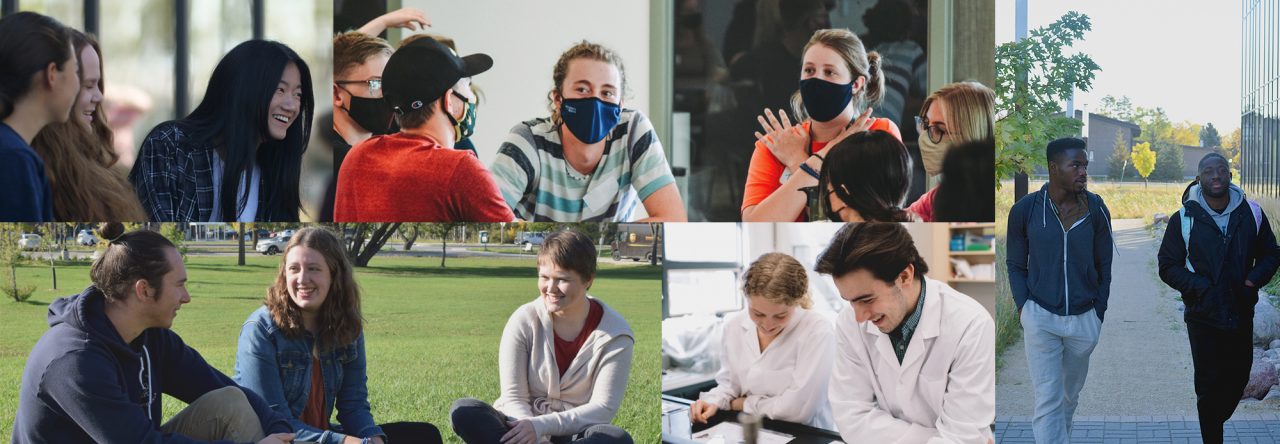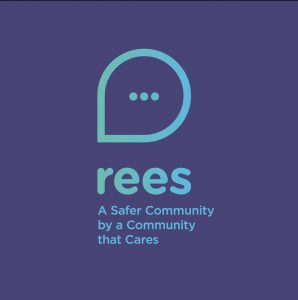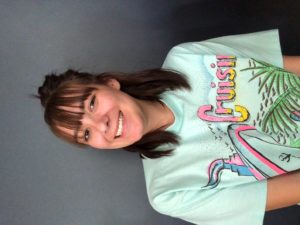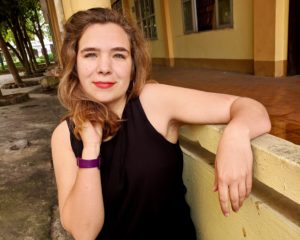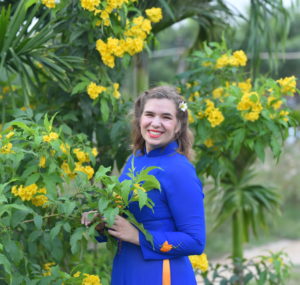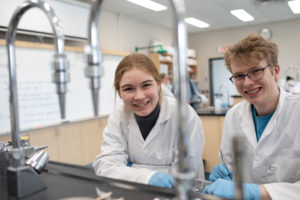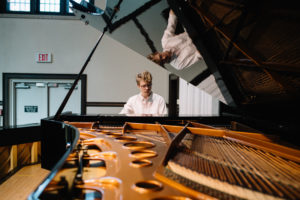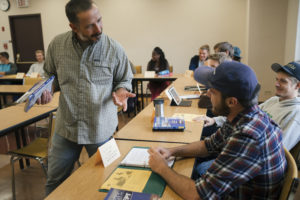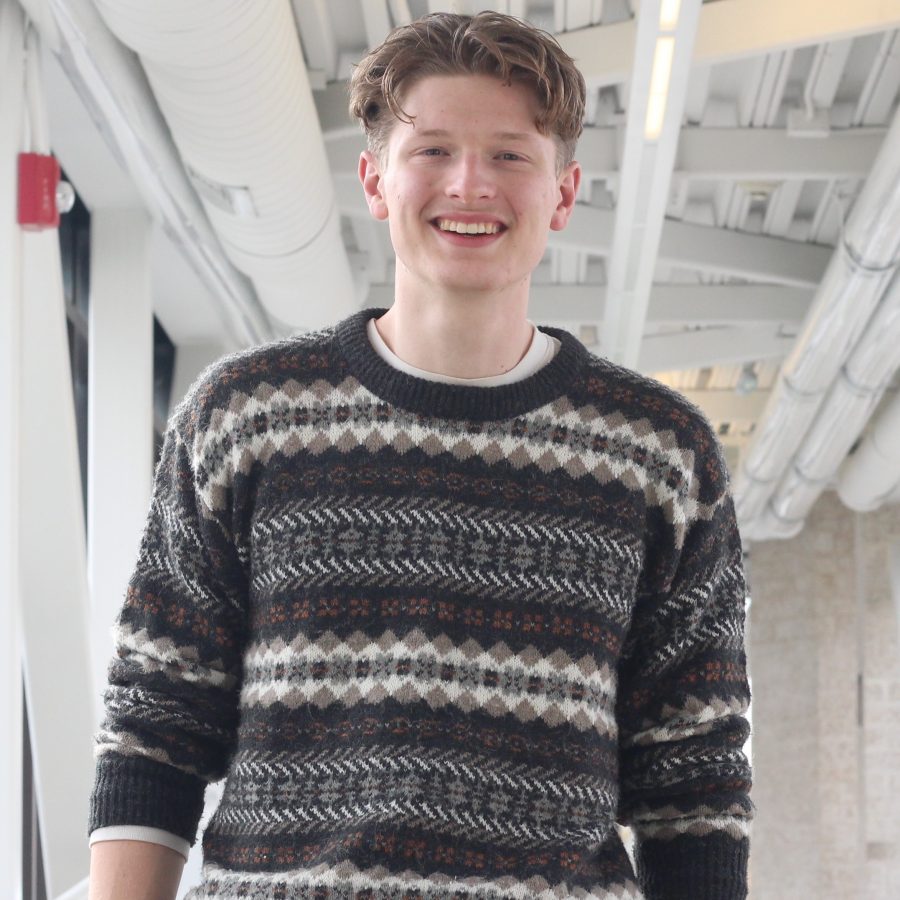
The claim that Canadian Mennonite University has a strong sense of community is clichéd, but it is also true. Most of my classes have fewer than twenty students, many faculty have students over to their houses for meals throughout the year, and office doors are open more often than closed. There is also a real feeling of Mennonite identity on campus, where so many students share faith and genealogy (often an important research task before asking out a peer). This sense of campus-wide community is genuinely good, especially in an era when deep social connection and cohesion can be difficult to find. It is why I decided to attend CMU, and why many students feel the need to foster and protect it semester after semester.
But “community” can pose challenges to responding to instances of sexual violence on campus. I want to highlight two challenges in particular. First, the celebration of community can implicitly discourage actions that may be seen as damaging to it. If a survivor of sexual violence feels that coming forward with their experience might put stress on their university’s valued communal identity, it is plausible that they might feel deterred from addressing it through a disclosure. Second, perpetrators can be included in, or even integral to, campus communities. When this is the case, survivors may be concerned that those in positions of authority will not effectively respond to their disclosures. If a perpetrator is one of only eight students in your favourite professor’s class, if they eat dinner at a senior administrator’s house once a semester, or if you see them regularly drop by a staff member’s office just to chat for a minute because the door was open, it might be difficult to envision how your experience of sexual violence would be handled impartially by the institution. The same bonds that make some university communities so tight-knit can also restrict the sense of freedom that their survivors feel that they have to share their experiences.
Smaller post-secondary institutions like my own need to grapple with this tension between protecting their sense of community and fully supporting survivors who want to share their experiences within them. But even if the tension can never be fully resolved, it is heartening to see my university adopt the REES reporting platform this fall. It is heartening to me because REES is precisely not a product created by, or for, CMU specifically. Instead, as a platform designed for all post-secondary institutions, REES stands distinctly outside my campus’s specific culture. As such, it exists as an avenue through which survivors can disclose their experiences without having to engage directly with another member of the CMU community, if that engagement would cause discomfort.
Yet, even as REES is being introduced as an extra-communal platform, its creators have remained sensitive to the value of community. When I participated in a feedback session for the platform, I was impressed when the session leader stressed that REES is only one, optional way through which a survivor can share their experience in a university setting. In doing so, she made it clear that the introduction of REES still allows for the face-to-face disclosure methods that other survivors might find helpful or even necessary. In other words, the introduction of REES should address the risks of a campus’ communal identity for some survivors, but in a way that does not compromise the presence of a community that can be helpful for others.
Examining the interplay between community and sexual violence can be uncomfortable, but it would be a mistake to fear for our communal identity in doing so. I am convinced that acknowledging the risks of community does not diminish it, so long as our responses to these risks are thoughtful and rigorous. Instead, when we look for new and creative ways to support survivors, like REES, our communities will become stronger than ever before.
Nathan Dueck is a fourth year student at Canadian Mennonite University working towards a double major in history and philosophy. He is a student representative on the CMU Sexual Violence Committee and was 2019-20 Vice-President Advocacy for the CMU Student Council.

